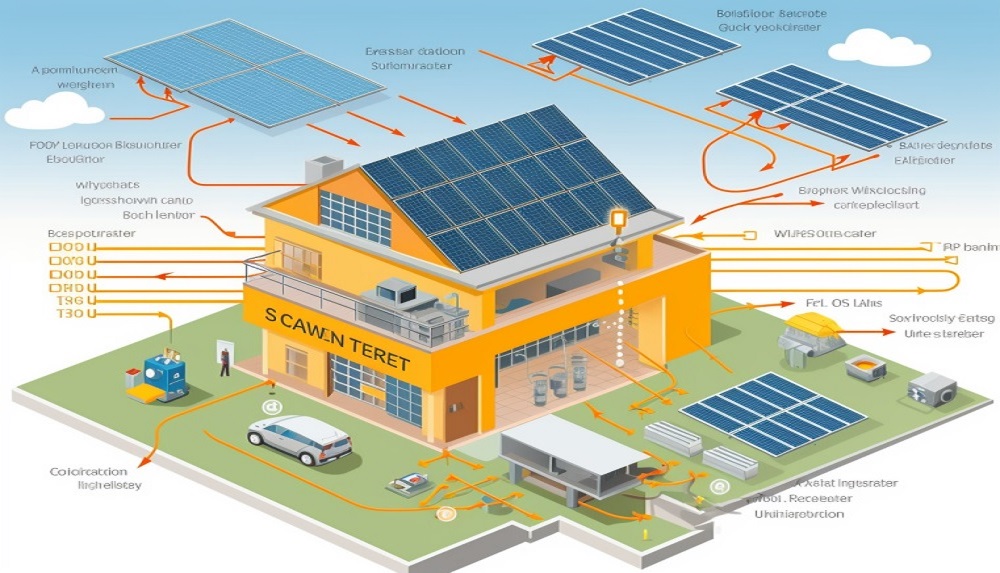Is Solar Energy Storage Worth It?
As the popularity of solar energy continues to grow, the question of whether solar energy storage is worth the investment arises. While solar panels have become more affordable and efficient, the intermittent nature of sunlight poses challenges when it comes to meeting electricity demands during non-sunny periods. This article examines the benefits and considerations of solar energy storage, exploring whether it is a worthwhile solution for maximizing the value and reliability of solar power systems.
The Importance of Solar Energy Storage:
Solar energy storage allows homeowners and businesses to store excess electricity generated by their solar panels for later use. Traditionally, surplus energy would be fed back into the grid, but with energy storage systems, it can be retained for consumption during periods of low solar production, such as nighttime or cloudy days. This capability enhances energy independence, reduces reliance on the electrical grid, and maximizes the utilization of solar-generated power.
Advantages of Solar Energy Storage:
Energy Resilience: Solar energy storage ensures a constant power supply even when solar production is limited. By storing excess energy, homeowners and businesses can maintain electricity during power outages or when grid electricity prices are high.
Time-of-Use Optimization: Energy storage systems enable users to take advantage of time-of-use (TOU) electricity pricing. They can charge their batteries during off-peak hours when electricity rates are lower and use the stored energy during peak hours when rates are higher, resulting in cost savings.
Grid Independence: Solar energy storage promotes self-sufficiency by reducing dependence on the electrical grid. It offers the flexibility to use stored energy during peak demand periods, reducing strain on the grid and supporting a more reliable and stable energy infrastructure.
Increased Energy Utilization: Without energy storage, excess solar energy would be lost when it is not immediately consumed or fed back into the grid. With storage systems, this surplus energy can be stored and utilized efficiently, improving the overall energy utilization of the solar power system.
Considerations for Solar Energy Storage:
Cost: The upfront cost of solar energy storage systems can be a significant investment. However, the decreasing prices of batteries and potential long-term savings in electricity costs should be considered when evaluating the overall financial viability.
System Sizing: Determining the appropriate storage capacity for individual needs is crucial. Oversized systems may lead to unnecessary expenses, while undersized systems may not provide sufficient backup power during extended periods of low solar production.
Battery Lifespan: Battery performance and lifespan vary depending on the technology and manufacturer. It is essential to consider the warranty, degradation rates, and maintenance requirements of the chosen battery technology to ensure its longevity and cost-effectiveness.
Conclusion:
Solar energy storage offers numerous advantages, including enhanced energy resilience, cost savings through TOU optimization, reduced grid dependence, and increased energy utilization. While the upfront cost and system sizing should be carefully evaluated, the declining prices of storage technologies and potential long-term benefits make solar energy storage an increasingly viable option. As battery technologies continue to improve and costs decrease, solar energy storage will play a crucial role in achieving a more sustainable and reliable energy future.





